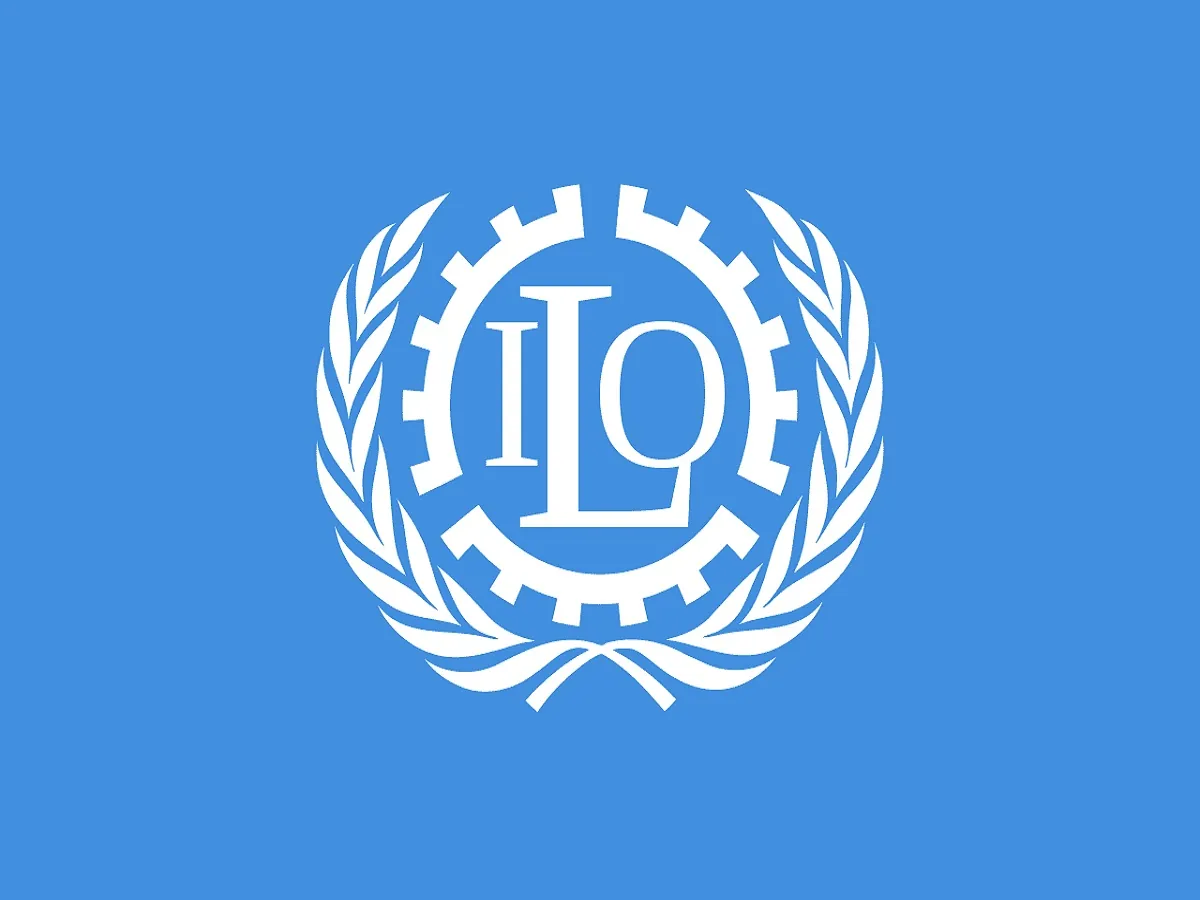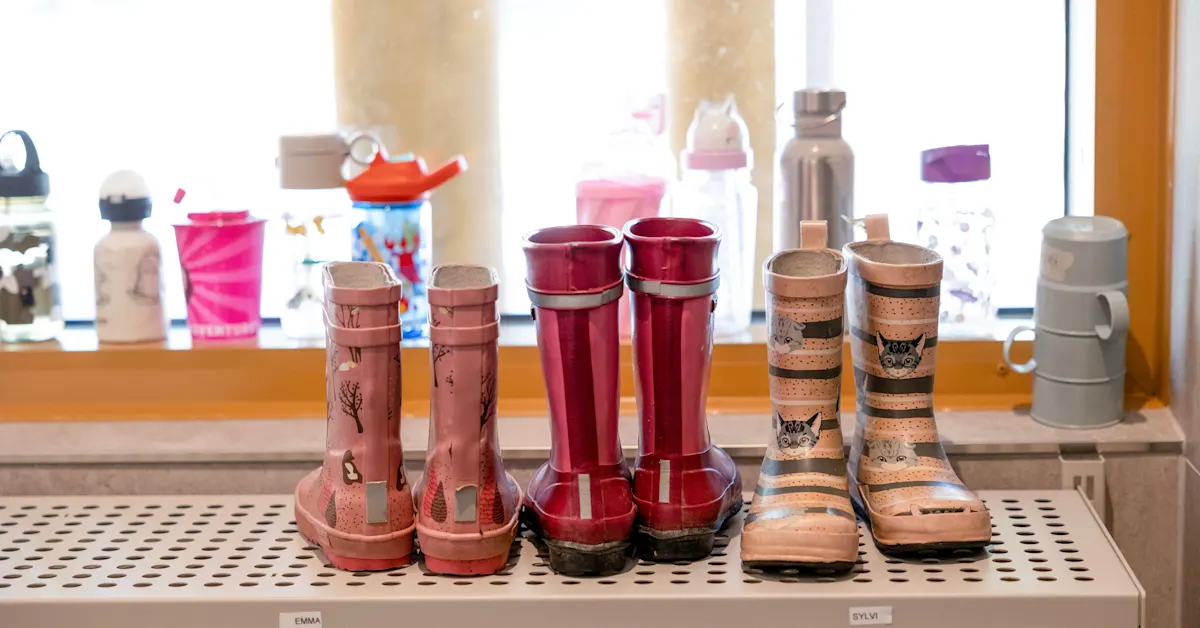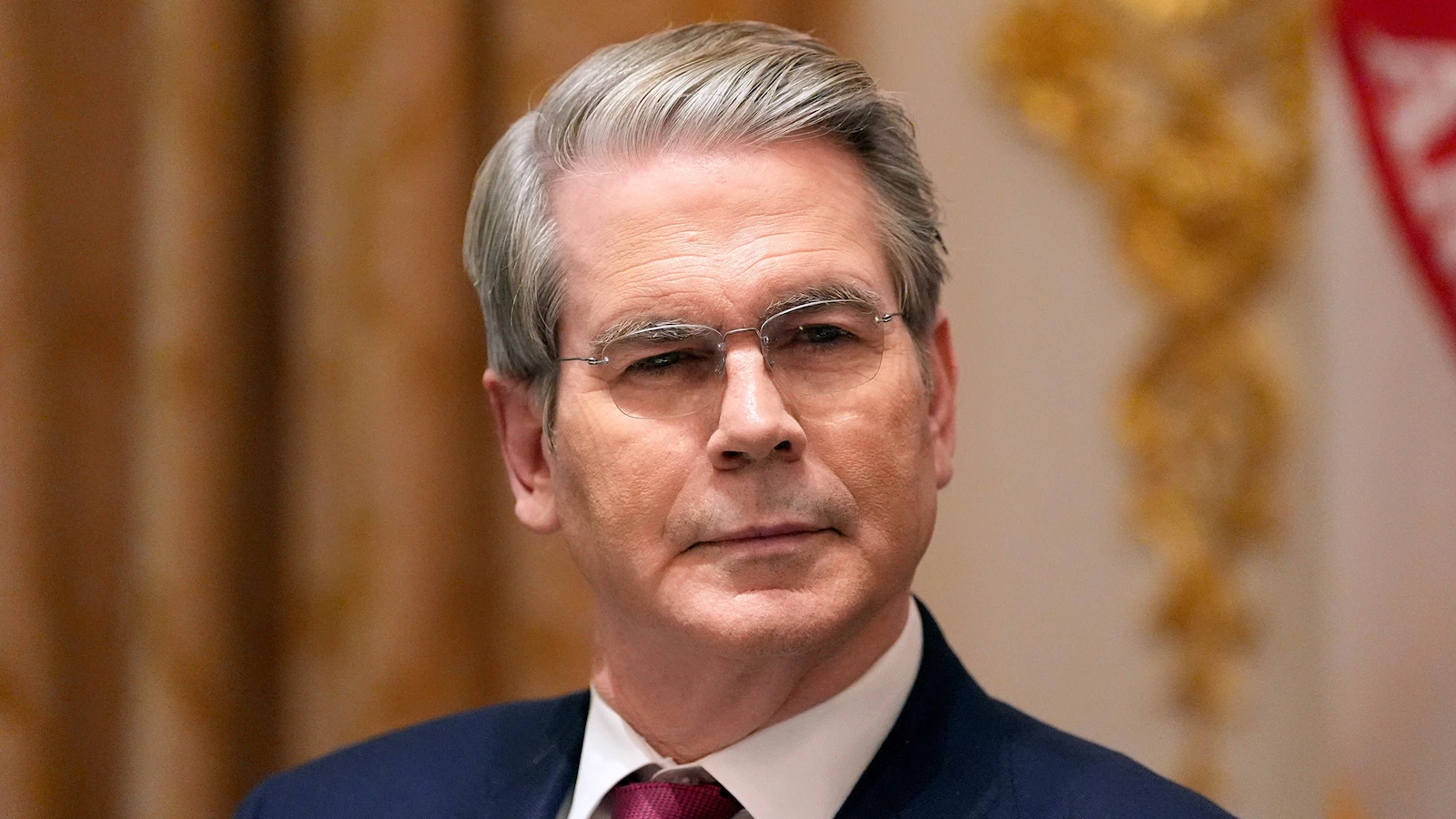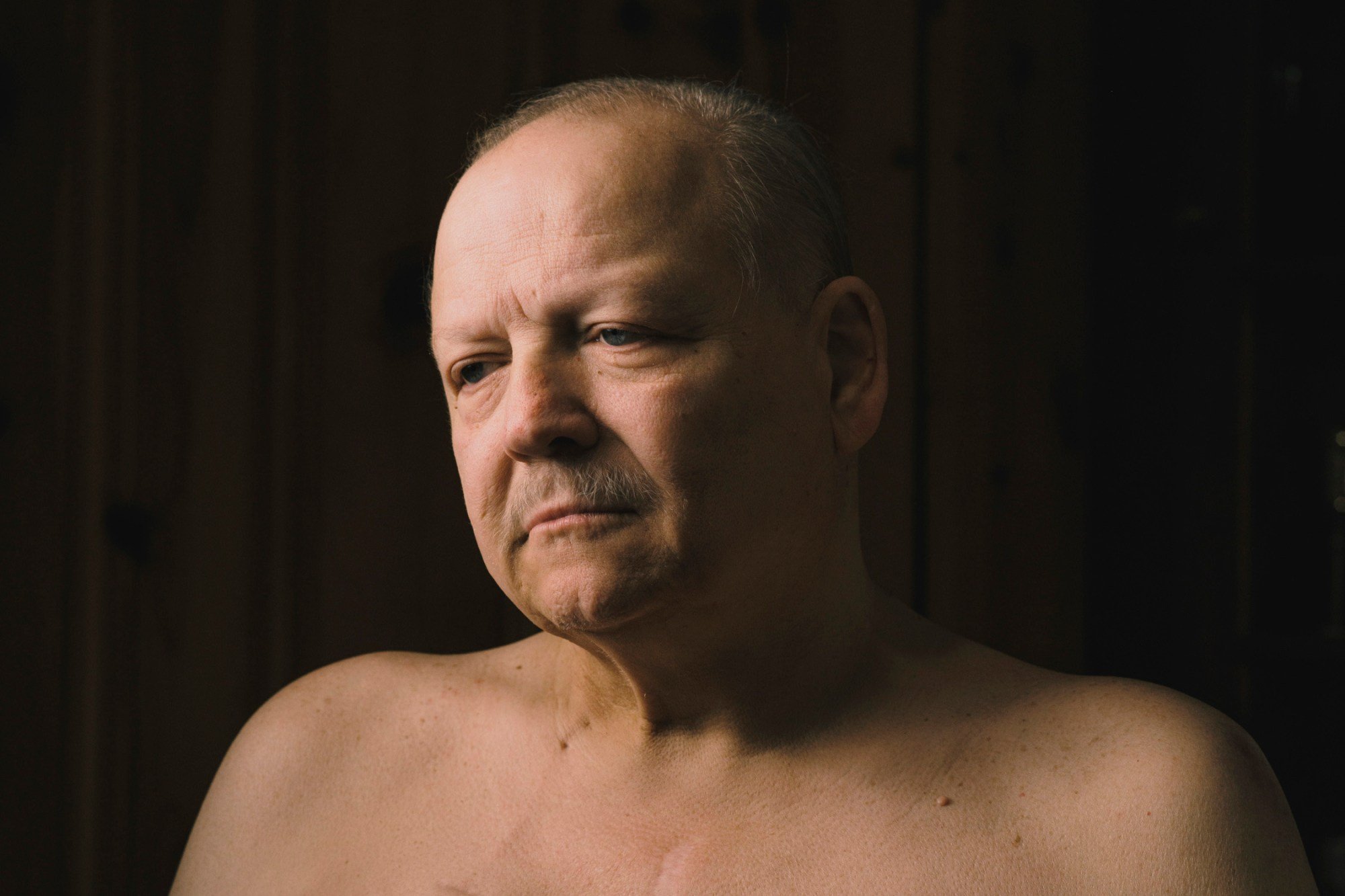Copyright tribuneonlineng

The International Labour Organisation (ILO), in collaboration with the United Nations Children’s Fund (UNICEF), last week engaged policymakers in a two-day capacity-building workshop in Abuja aimed at strengthening Nigeria’s social protection systems under the Supporting Sustainable Social Protection Systems in Nigeria (SUSI) project. Declaring the workshop open, Dr. Vanessa Phala, ILO Country Director for Nigeria, said the initiative seeks to expand access to social protection, particularly for vulnerable populations and those most affected by economic shocks. “As an international labour organisation, we are honoured to partner with our sister agency, UNICEF, to implement this laudable project that supports sustainable social protection systems in Nigeria,” Phala stated. She explained that the SUSI project aligns with Nigeria’s national development priorities, the ILO Decent Work Country Programme, and the United Nations Sustainable Development Cooperation Framework. It also complements the Federal Government’s Renewed Hope Agenda by promoting inclusion and resilience through decent work and social protection. According to Phala, the training is designed to enhance policymakers’ technical capacity to design, implement, and monitor effective social protection interventions. “Our goal is to ensure that policymakers at federal and state levels develop programmes from a well-informed and competitive standpoint,” she said. “We want to build a network of social protection champions who will work together to extend coverage and protection to more vulnerable Nigerians.” She emphasised the importance of collaboration among ministries and agencies to ensure innovation, sustainability, and tangible results on the ground. Phala also expressed appreciation to the European Union (EU) for providing financial support to the SUSI project. “Without the EU’s financial contribution, we would not be here today. We are deeply grateful for their continued partnership and commitment,” she added. Speaking on behalf of the Federal Ministry of Labour and Employment, Mrs. Franca Adukweh, Director of Social Protection Security and Cooperation Development, said the training represents a vital step in strengthening Nigeria’s institutional and technical capacities for social protection delivery. “This is not just another workshop; it is a crucial step toward building shared understanding and technical expertise to strengthen and sustain national social protection systems,” Adukweh said. She described social protection as one of the most effective tools for reducing poverty, promoting social inclusion, and ensuring that no one is left behind in the nation’s development agenda. “As policymakers, our role goes beyond formulating policies; we are the bridge between ideas and implementation,” she stressed, urging participants to approach the exercise with open minds and a spirit of collaboration. Also speaking, Ms. Zarema Yerzhanova, UNICEF’s Social Policy Manager, described the workshop as an important platform uniting policymakers and experts committed to building inclusive, child-sensitive, and sustainable social protection systems. “Nigeria has immense potential, yet millions of citizens especially children still face poverty, deprivation, and vulnerability to shocks such as climate change, conflict, health emergencies, and rising living costs,” Yerzhanova said. She noted that social protection is a smart investment in people, capable of improving productivity, enhancing human capital, and building national resilience when well designed and collectively financed. Yerzhanova commended the European Union for its continued financial and technical support, reaffirming UNICEF’s commitment to work with the Nigerian government and partners to make social protection “a reality that leaves no one behind.”



